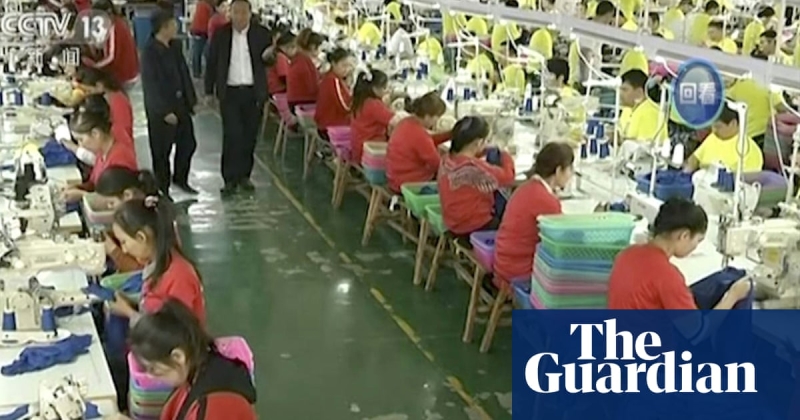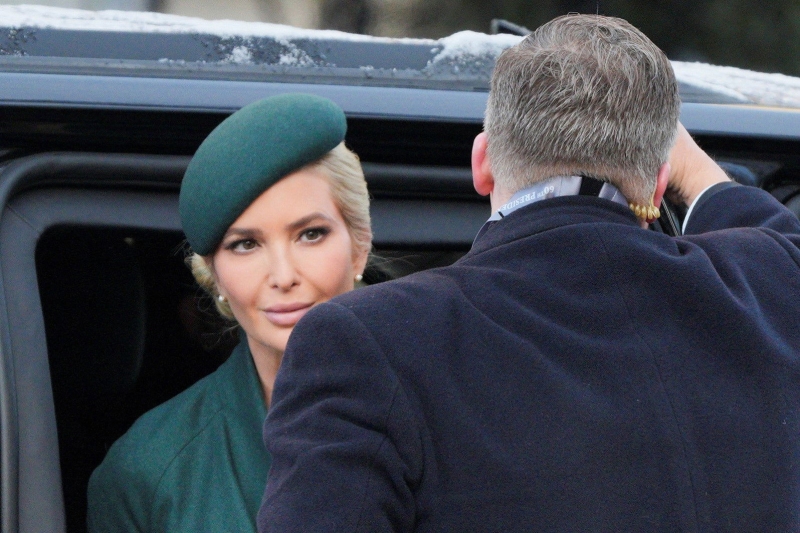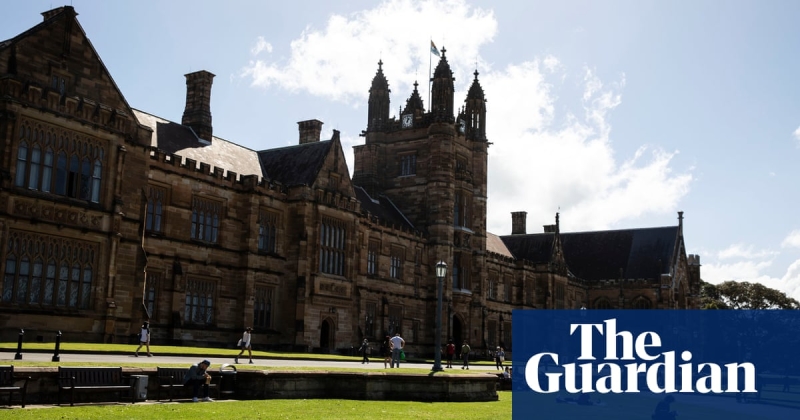The scale of Australia’s trade with blacklisted companies, revealed in Guardian investigation, prompts anger across the Uyghur community
Australia’s new anti-slavery commissioner has called on the government to urgently address the “inadequacy” of its forced labour laws after revelations that it had allowed thousands of imports from Chinese companies blacklisted for their alleged links to Uyghur workers.
Guardian Australia revealed on Monday that Australia had received thousands of imports from Chinese companies blacklisted by the United States over alleged links to Uyghur forced labour.
Details gleaned from trade records, obtained by the Guardian via freedom of information laws, showed eight US-blacklisted companies were named as suppliers on 3,347 declarations made by Australian importers.
It is the first time the scale of Australia’s trade with blacklisted companies has been revealed and it has prompted anger among the country’s Uyghur community, whose relatives have been detained in the Chinese Communist party’s crackdown on the ethnic minority in Xinjiang.
The former federal Labor minister Chris Evans started his term as the country’s inaugural anti-slavery commissioner last month.
He told the Guardian the revelations demonstrate “the inadequacy of Australia’s current approach to addressing modern slavery risks in supply chains”.
“While the government’s commitment to reform is welcome, the pace of implementation remains concerning given the serious nature of these human rights violations,” Evans said.
“Many businesses have been asking for clearer guidance to help address this issue. No business can address this level of complexity alone. However, these findings show many are simply ignoring the facts, relying on outdated strategies that are not fit for purpose. Clearly, both government and business must do more and we must start now.”
The revelations also prompted renewed calls for Australia to introduce its own import ban on any good produced using forced or child labour, something Labor pledged to do in its 2021 national platform.
Be Slavery Free, a coalition of leading non-governmental organisations, said the trade records likely only “scratched the surface” of the true extent of Australia’s importation of goods linked to forced labour.
The group’s co-director Carolyn Kitto said the technology existed to allow Australia to identify and restrict the importation of such goods.
“All that it really needs is the will to do it,” she said. “If they can’t work out the model and the process, we can help them. The tools are there. It’s a no-brainer for Australia and it’s a no-brainer for the world.”
In releasing trade details to the Guardian, the Australian Border Force refused to publicly name the Australian importers who were dealing with the US-blacklisted companies.
Kitto said that left consumers unable to make informed choices to avoid buying goods linked to forced labour.
“The government’s approach has been that it’s the job of civil society and consumers to drive what they describe as ‘the race to the top’ in ending modern slavery,” she said. “We would say that the government also has a role in driving the race to the top to ending modern slavery.”
The Biden administration in 2021 passed the Uyghur Forced Labor Prevention Act, and from the following year began outlawing imports from dozens of companies that were publicly named on the blacklist.
Australia, despite a proposal by the former senator Rex Patrick, has not followed its ally’s lead in introducing a ban. In fact, the FoI documents show imports from the eight blacklisted companies actually increased after the US introduced its ban, peaking in 2023.
The companies ship a range of products, including parts for car batteries and trains used by state governments, safety gear for tradespeople, spices and food additives, and laser printers.
Australia currently uses the Modern Slavery Act to compel some large businesses to report annually on how they are dealing with forced labour in their supply chains and operations.
The federal government has pledged to strengthen those laws recently. The proposed reforms include providing better guidance and support for businesses, and consulting on a model to make written declarations that particular regions, industries, products or suppliers are regarded as high-risk for modern slavery.
The government appointed Evans as Australia’s first anti-slavery commissioner in November.





